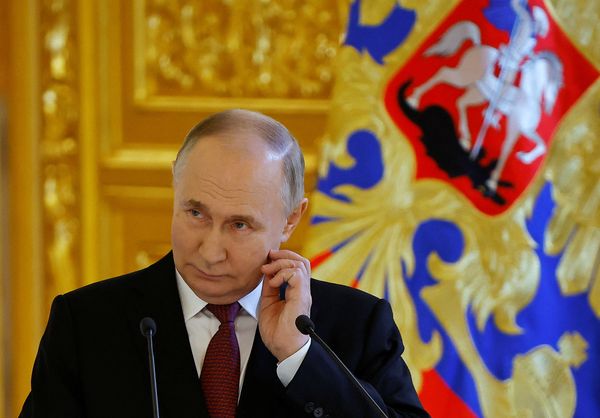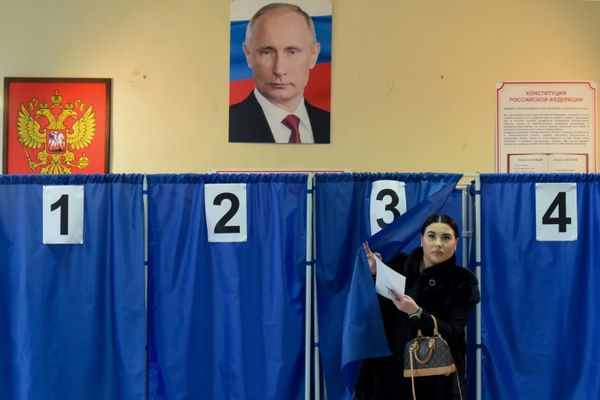
President Vladimir Putin expressed gratitude to Russian citizens for participating in the recent presidential election, which secured his position for another six-year term. The election, held from March 15-17, resulted in Putin winning 87% of the votes, with over 76 million ballots cast in his favor.
The election process has been marred by criticism from Western leaders, who denounced it as a sham due to the lack of independent monitoring and the stifling of dissenting voices. Putin's main political opponent, Alexei Navalny, recently died in custody, further raising concerns about the state of democracy in Russia.
In his address following the announcement of the final results, Putin interpreted the overwhelming support as an endorsement of his policies and the country's direction. He emphasized the importance of unity and national progress, despite the ongoing challenges faced by Russia.
The Central Election Commission confirmed Putin's victory, noting that his three token rivals received minimal support, each garnering only 3-4% of the vote. The election results, while predictable, highlighted the limited political choices available to Russian voters.
Despite the lack of credible opposition, some Russians attempted to protest against Putin's regime by showing up at polling stations at the urging of Navalny's associates. The turnout at various locations, both within Russia and at embassies worldwide, reflected a degree of dissent and dissatisfaction among certain segments of the population.
Putin's extended tenure in power, dating back to 1999, has been characterized by a consolidation of authority and a crackdown on dissent. His dominance in Russian politics has raised concerns about the erosion of democratic norms and the suppression of opposition voices.
If Putin completes his upcoming term, he will surpass Catherine the Great as the longest-serving Russian leader in history, underscoring the enduring influence he wields over the country's political landscape.










